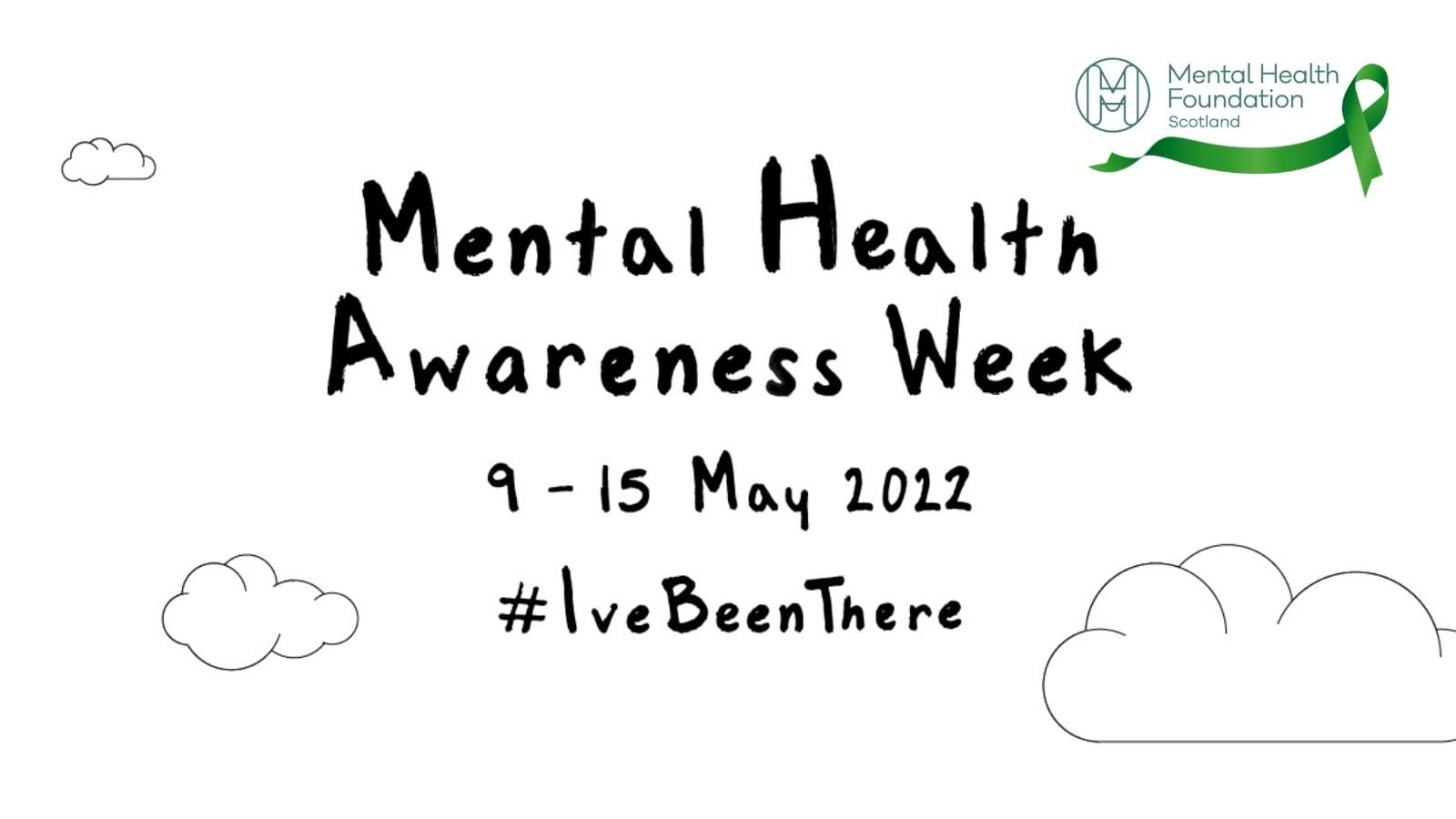From the 9th to the 15th May 2022 was Mental Health Awareness week and May was Mental Health Awareness month – these initiatives are great reminders about how important this issue is for everyone.
In 2021 according to the Health and Safety Executive 0.8 million employees were suffering from stress, anxiety, or depression. And in the United States, nearly one in five adults have a mental illness or mental health condition, and post-pandemic more and more young people are experiencing symptoms of stress, anxiety, and other mental health illnesses.
Poor mental health can affect anyone at any time in their lives and raising awareness about mental health and well-being should never go off the radar, for both businesses and individuals alike.
What is Mental Health Awareness?
So what does mental health awareness mean, and how can we promote it?
Despite more open conversations, there are still a lot of misconceptions about mental health illnesses and too often people suffer in silence and don’t seek out the help they need. Raising awareness about the signs of mental health illness and the impact of mental health is a win-win for everyone.
One of the most popular courses we deliver at Aim Higher Training is the Level 1 Award in Mental Health Awareness. Our learners really value what they learn and how they can use their knowledge to recognise the signs and symptoms of mental health in their colleagues, friends, and family members. Being mental health aware is empowering and can help anyone to identify how this might be impacting the people around us.
Four reasons why we all need to be mental health aware
- Helps you to understand your symptoms
Sometimes it’s useful to have a diagnosis or to put a name to how you or others may be feeling. It helps to recognise symptoms and to realise what may be the triggers and how anyone may be more introspective or be self-medicating with alcohol.
- Promotes mental fitness
Metal health is not just about mental illness but also about being mentally fit. Embracing a proactive response to our emotional health and wellbeing is an essential step towards managing our own sense of happiness and self-worth.
Taking the time to understand what might be triggering feelings of stress or anxiety by examining our work/life balance can be a useful first step towards understanding how we can manage our mental health.
Aim Higher offers a free online course Spotlight on Work/Life Balance that takes learners through areas of their life and work so understand the areas where they are feeling imbalanced. If one area of our life feels off, it can become all-consuming. Once you identify the reasons for feeling imbalanced you can start to work towards developing a plan to change any area of your life that no longer brings you joy.
- Opens a Conversation
For years mental health illness has been a taboo subject. Surrounded by stigma it’s too often been a destructive and silent specter in society. Increasing awareness of the many different forms that mental illness can take from feelings of stress after a hard day to more destructive behaviours such as self-harm or eating disorders.
Often stress and anxiety can start by having distorted thoughts which can spiral down into deep areas of self-criticism and loathing. Building a supportive network of people you can talk to about your feelings can be massively therapeutic and important in terms of helping to understand your feelings and triggers.
- Improves Education and Understanding
Fortunately, initiatives like Mental Health Awareness week help to raise awareness and identifies lots of sources of support.
You can also learn how you can become more mentally health aware by enrolling in our Level 1 Award in Mental Health Awareness course so you can support yourself and the people in your life.
Charities like MIND provide a huge amount of support and resources on their website and there’s lots of other support available. If you’re feeling stressed or anxious, please don’t suffer in silence and reach out for help and support.
If you like to learn more about mental health or stress awareness or want to learn more about work/life balance, please get in touch here

